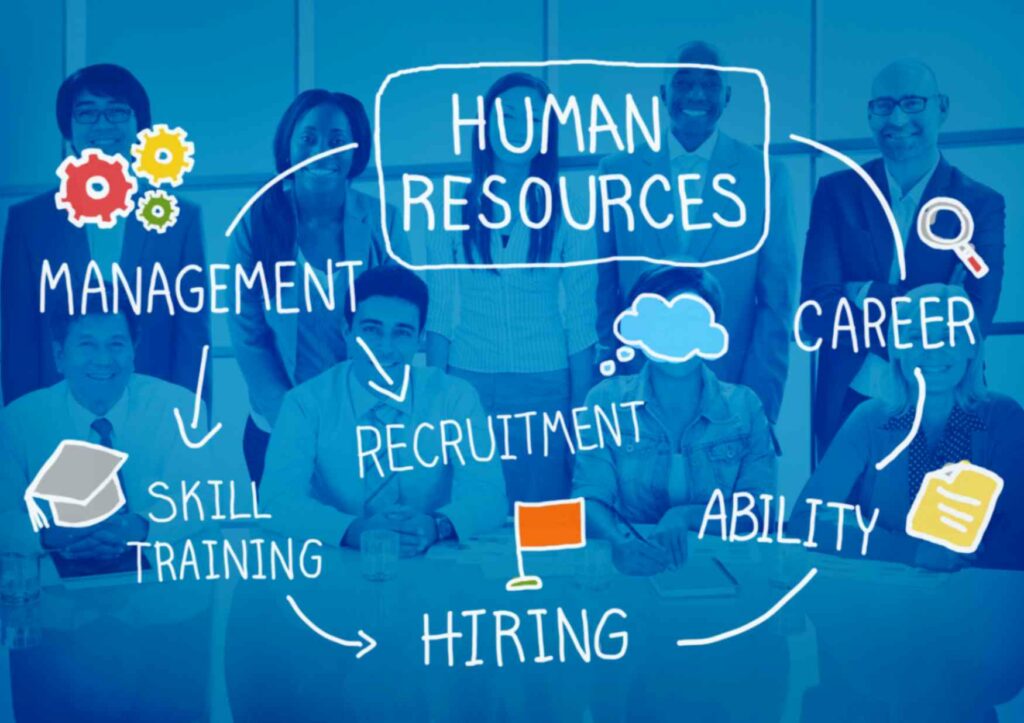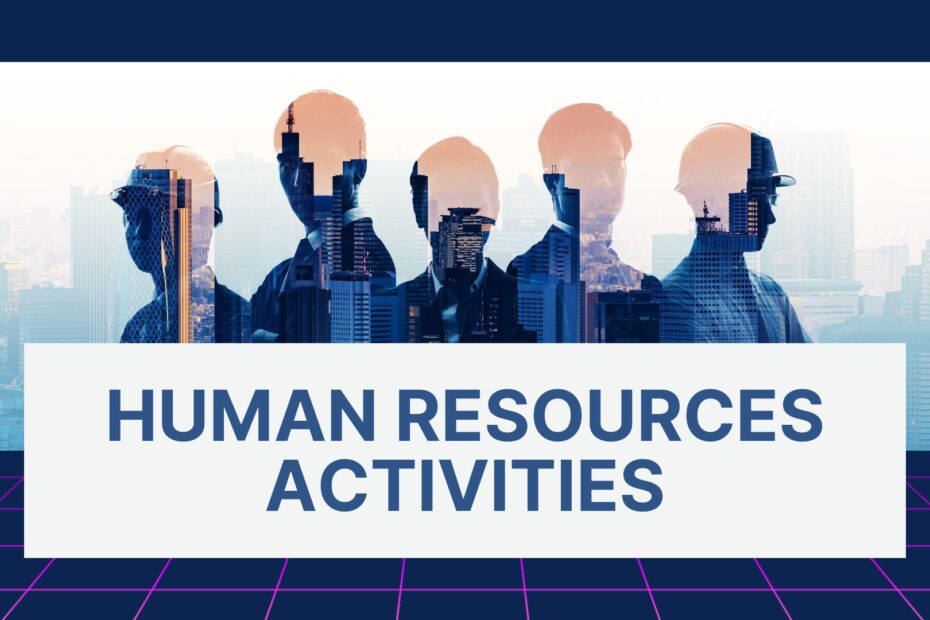How Human Resource Activities Can Give Your Work Culture a Boost ?
- In today’s competitive world, where attracting and maintaining top people is critical, building a positive workplace culture has never been more crucial. Human resource activities are important to developing and nurturing this culture, influencing everything from employee morale and engagement to productivity and company performance. In this blog post, we will look at how smart HR activities may improve your workplace culture significantly.
Defining Work Culture
- Before we can consider the impact of HR operations, we must first define what we mean by ‘work culture’. Work culture refers to the common values, beliefs, attitudes, and behaviors that define an organization. It represents how employees engage with one another, how they approach their jobs, and how they view the company’s mission and values.
The Impact of Work Culture
Employee Morale and Satisfaction:
Employees are more engaged and motivated when they feel valued, respected and supported. A healthy work environment is conducive to a high level of employee engagement and job satisfaction.
Retention and Turnover:
Employee turnover and retention rates are influenced by work culture. While a positive culture encourages talented individuals to stay and contribute to the success of the company, a toxic or dysfunctional culture has the potential to drive away talented employees.
Productivity and Performance:
Performance and productivity are improved by a positive work environment. Employees are more inclined to go above and beyond to accomplish company goals when they feel inspired and empowered.
Innovation and Creativity:
The culture of the workplace is vital to the development of creativity and innovation. A culture that promotes experimentation, taking risks, and learning from mistakes fosters creativity and creates a competitive edge.
Customer Satisfaction:
Customer satisfaction is indirectly impacted by work culture. Employees that are happy and engaged with their work are more likely to provide outstanding customer service and cultivate strong client connections.
Organizational Reputation:
Work culture shapes the organization’s reputation and brand image. A strong and positive culture attracts top talent, enhances brand loyalty, and differentiates the organization from its competitors.
The Role of Human Resources

- Human Resources departments are the guardians of an organization’s culture. HR professionals shape the employee experience and build a thriving workplace through their policies, programs, and initiatives. Here are some ways HR initiatives can help to foster a strong company culture.
Recruitment and Onboarding:
HR plays a key role in attracting candidates who align with the company’s values and culture. By creating compelling job descriptions, conducting thorough interviews and emphasizing cultural fit during the hiring process, HR ensures that new hires are more likely to fit seamlessly into the organization. In addition, effective onboarding program’s welcome new employees, introduce them to the company culture and set them up for success from day one.
Employee Engagement:
Engaged Employees are more engaged, motivated and productive. HR activities such as regular feedback sessions, recognition program’s and professional development opportunities foster a sense of belonging and investment in the organization. By soliciting feedback, addressing concerns and providing opportunities for growth, HR helps to create a positive work environment where employees feel valued and supported.
Workplace Policies and Practices:
Clear and fair workplace policies are essential to maintaining a positive work culture. HR ensures that policies related to diversity and inclusion, work-life balance and employee well-being are not only in place, but also consistently enforced. By promoting fairness, transparency and respect in all interactions, HR sets the tone for a healthy and inclusive work environment.
Leadership Development:
Strong leadership is critical to fostering a positive workplace culture. HR invests in leadership development program’s that equip managers with the skills and tools they need to inspire, motivate and empower their teams. By cultivating a culture of trust, accountability and empathy at all levels of the organization, HR contributes to a positive leadership mindset that cascades throughout the business.
Conflict Resolution and Employee Relations:
Conflict is inevitable in any workplace, but how it is managed can either strengthen or undermine an organization’s culture. HR acts as a mediator in resolving disputes, promoting open communication and fostering a culture of cooperation and mutual respect. By addressing conflict promptly and fairly, HR helps to maintain a harmonious working environment where employees feel supported and valued.

